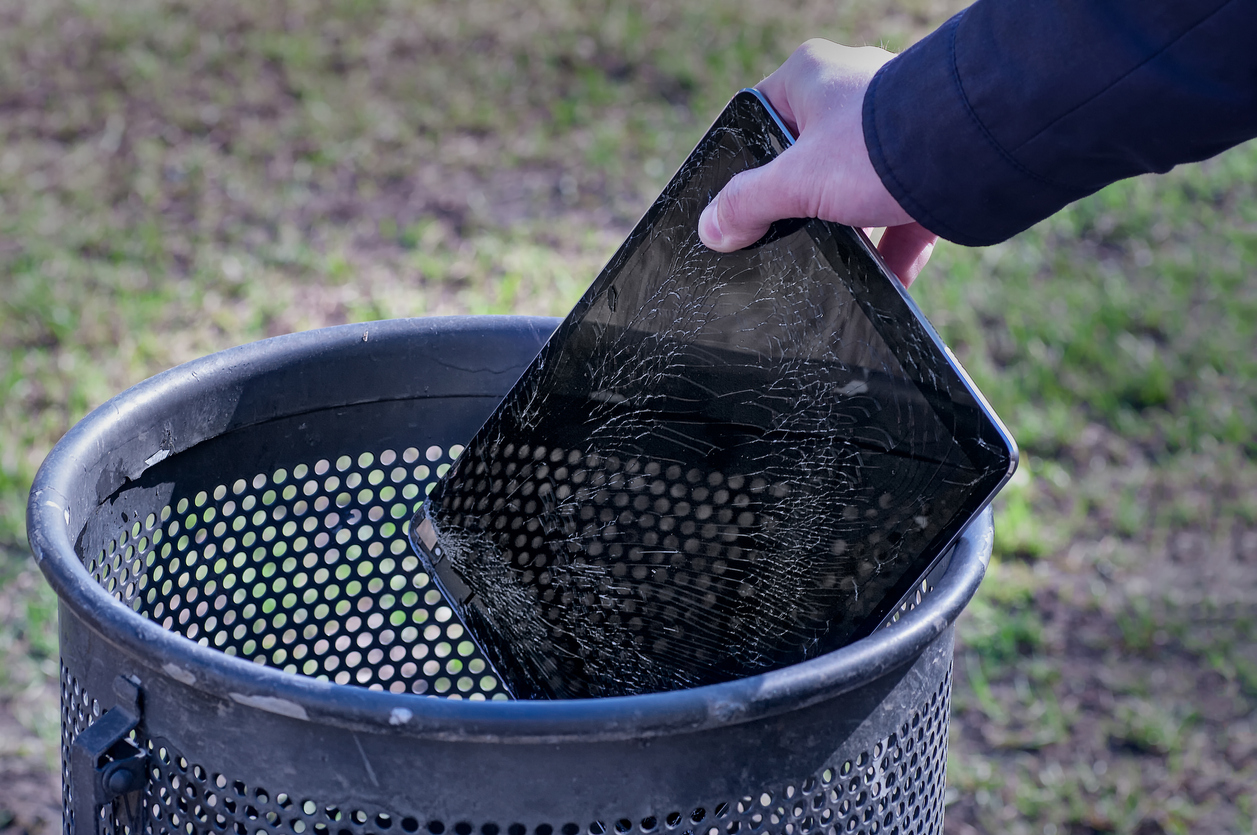It’s one of the most significant issues in the world today: e-waste.
As more and more electronic devices are being built, and more being thrown away, the amount of e-waste that is growing is continuing to grow. However, more and more people are safely disposing of their e-waste.
Still, despite the amount of e-waste being properly recycled, electronic recycling is facing many on-going challenges. These issues have become a major problem in the industry, and evasive action is needed to stop it.
Key Current Challenges for Electronics Recycling Industry
Exporting Electronic Recycled Materials & Products To Developing Nations
It’s becoming one of the key discussions that come with electronic waste, and waste in general. In fact, such is the situation that countries are looking to overturn a global law in order to stop the situation.
We’re talking about the first-world countries deporting their electronic waste, which includes hazardous and toxic materials to the developing countries. E-waste from major European countries were illegally deported to Nigeria, Ghana, Hong Kong, Pakistan, Tanzania and Thailand, with an estimated 352,474 metric tonnes of e-waste being disposed of.
Not only is this against the law, and an increasingly high number, but the inadequate management of electronics recycling in developing countries has led to various health and environmental problems. Without the right processes, tools and system, these countries have struggled with the overload of waste, which has impacted their environment and society.
A Drop In The Value Of Less-Valuable Materials
Although the volume of e-waste is increasing rapidly, the quality of e-waste is decreasing. As devices get smaller and smaller (think how small phones are, as well as computers and tablets), the fewer materials are used in these devices. In turn, that means that the value of these materials has fallen sharply.
When you combine that with sagging global prices of recycled commodities, you can see why businesses might struggle to sell off or make the most out of their devices and materials. Without stable income coming in, it might be harder to maintain interest (money does drive the industry) and investment in electronic recycling.
Most E-Waste Still Goes To Landfills
Despite the amount of effort that comes with promoting electronic recycling in Calgary, as well as the amount of electronic recycling companies available to help, most e-waste still goes to landfills. The current rate or level of e-waste recycling is not sufficient enough, and that means that plenty of e-waste is not correctly disposed of.
There needs to be an increase in interest, and more information needs to be provided so that people understand the damages of improper e-waste disposal.
Electronic Devices Are Not Designed For Reuse
Increasingly, many electronic devices are designed not to be easily recyclable, repairable or reusable. It seems cheaper just to pump out and make new products than repairing an old one. It’s why people always tend to buy new devices than repair or reuse their old ones – it’s not an investment. This train of thought leads to an increase in e-waste because people just replace their old devices.

In terms of companies and manufacturers, the reason for making electronics that are not easily recyclable is because of proprietary rights and cost-savings. It is having a detrimental impact on the environment and its why organizations have been active in promoting policies to allow companies to repair and refurbish smartphones to avoid their needless destruction.
Get Proactive With Electronic Recycling
Despite the challenges that face electronic recycling in the modern world, there should be no denying that there are plenty of opportunities to effectively recycle your e-waste. Collecting all your unwanted electronic devices and having them properly recycled will have a positive impact on the environment, as well as improve the lifestyle of many individuals.
The Electronic Recycling Association (ERA) is a non-profit organization founded in 2004, who’s goal is to reduce e-waste by reusing unwanted computers and related electronic equipment. We create an opportunity for the secondary use of IT equipment by low income, high needs Canadian families and charitable organizations. ERA is represented in most major cities all across Canada such as Vancouver, Calgary, Edmonton, Saskatoon, Winnipeg, Montreal, and Toronto. We also offer convenient pick-up locations virtually anywhere in Canada.


